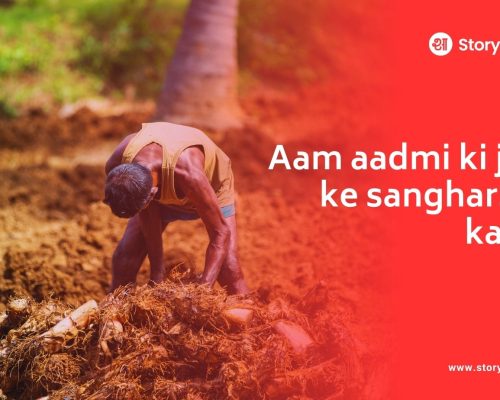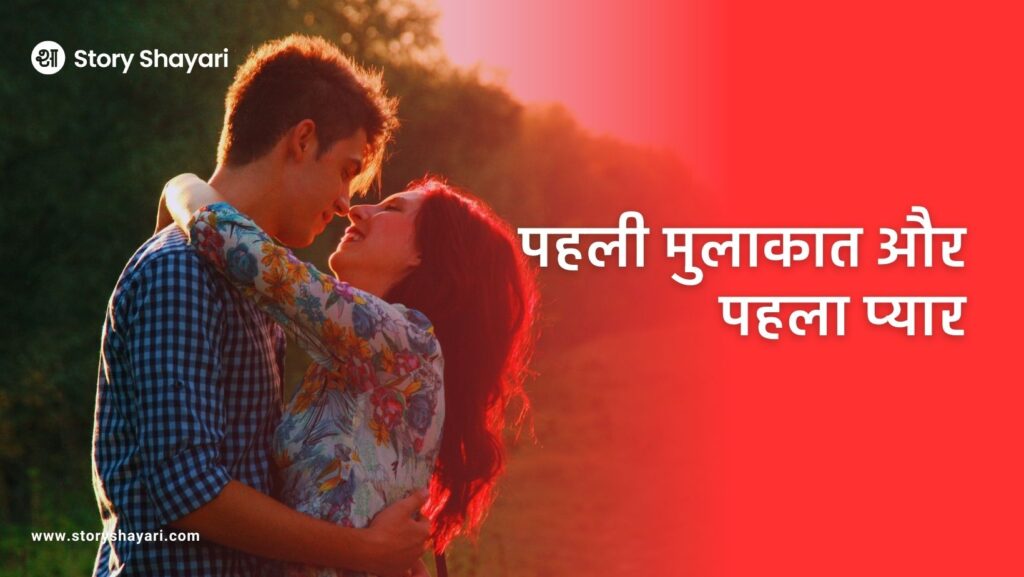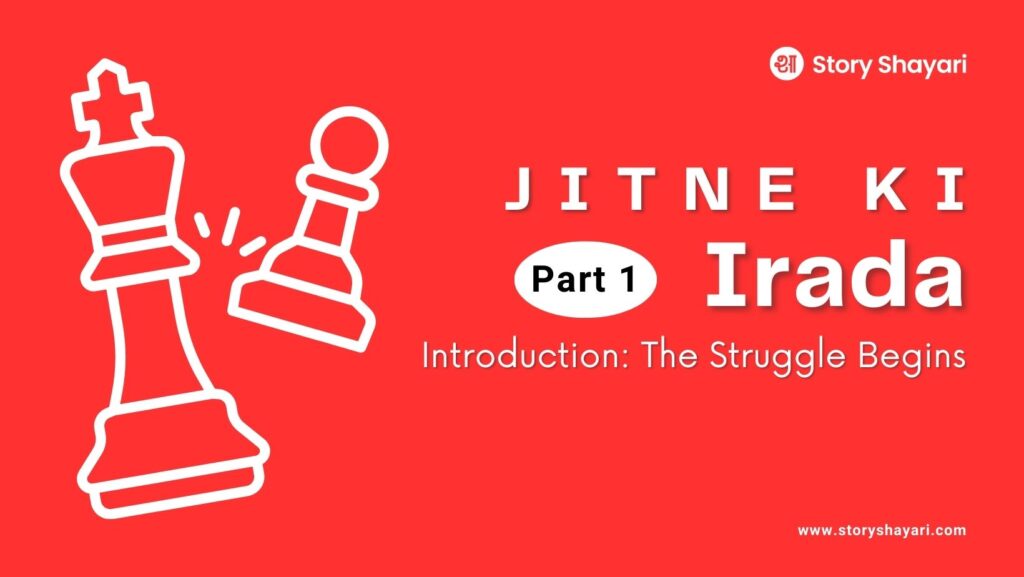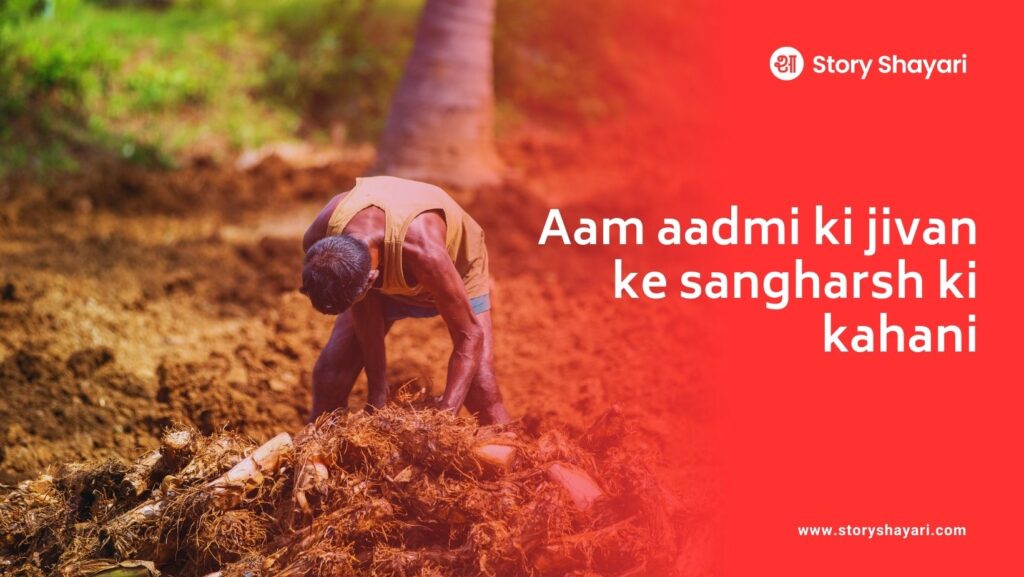Beneath the Mask
A Heart-Touching Romantic Story
The city buzzed with the chaos of politics, the noise of media vans, and the scent of ambition. Among the towering buildings and flashing billboards, there stood a man whose face appeared on posters, news channels, and magazine covers — Aditya Verma. To the world, he was a symbol of hope, the youngest minister to bring reform and vision to the nation. He spoke with clarity, walked with conviction, and wore a suit of confidence. But behind the firm handshake and political charm lay a heart that carried scars only he could see — and secrets that could undo everything he had built.
Meera Joshi didn’t believe in masks. A fiercely independent investigative journalist, she had made a career of peeling back layers — of stories, people, and systems. Her pen never shook when writing truths that others feared. Her articles had shaken governments, ended corrupt regimes, and exposed hidden crimes. But for all the battles she had fought in print, her heart bore its own quiet loneliness. She never sought love, because her life was filled with questions, not answers — and love, she believed, needed stability.
Their worlds collided one evening during a press dinner organized for ministers and the media. Meera wasn’t supposed to be there — she disliked social events — but her editor insisted she go. Amidst the clinking glasses and curated conversations, her eyes met his. Aditya wasn’t looking to impress; he simply observed, calmly, from a corner. When their eyes locked, there was a strange pause — like silence slipping into a crowded room. He walked up to her.
“You’re Meera Joshi, the journalist who made three MLAs resign with just one article?”
“And you’re the minister who managed to pass the clean water bill without clean hands?” she replied, half-serious, half-smiling.
He smirked. “Touché.”
Their first meeting ended without fanfare. But for Meera, the spark was lit. Not the romantic kind — not yet — but the kind that nudges curiosity. There was something in his eyes, a quiet pain, a held-back truth. And for a woman who lived on questions, this was one she needed to answer.
Over the next few weeks, Meera began researching Aditya. Not the public figure — but the man. She found almost nothing from his early life. No school photos, no childhood anecdotes, no family interviews. It was as if his life began at twenty. She dug deeper. In an old regional paper, she found a single line: “Avi, a resident orphan, fled the city after a fire gutted the St. Mary’s Home.” The date matched. The age matched. The location matched. Avi… was Aditya.
Meera stared at the clipping, her hands cold. Why would a boy change his name, his past, his entire existence? What had happened in that fire?
She didn’t confront him. Not yet. Instead, she let time breathe between them. She found reasons to attend his conferences, ask questions, observe. And strangely, he never avoided her. In fact, he seemed to expect her presence — and in his answers, always left breadcrumbs only she could follow. Then one evening, as she left a panel discussion he had attended, she received a message on her phone.
“Yamuna Bridge. 11 PM. Alone. — A.”
The bridge was quiet under the moonlight, the river reflecting the city’s blurred lights. He stood there, coat wrapped around him, looking out into the dark. When she approached, he didn’t turn. He simply spoke.
“You found Avi, didn’t you?”
Her breath caught. “Yes.”
He nodded. “And you want to write about it?”
“I want to understand it.”
He finally turned to her. There were no barriers now. No political smile. No polished lines. Just a man — tired, haunted, and human.
“I was five when I was left at the orphanage. I don’t know who my parents were. The caretaker, Sister Leela, was the only mother I knew. She loved me. The others… they weren’t always kind. One night, a fire broke out. Some say it was accidental. Others…” he paused, “believed it was meant to erase something. I don’t remember much. I remember smoke. Screams. And Sister Leela telling me to run. I did. I ran and never stopped.”
Meera felt the words in her throat, but none came out.
“I changed my name. Took up odd jobs. Studied with scholarships. Rebuilt myself. And with every step, I buried Avi deeper, believing Aditya would have a better chance.”
She whispered, “Why tell me this now?”
“Because hiding has become heavier than the truth.”
They met often after that night. Not as journalist and minister — but as two people bound by shared silences. He showed her the orphanage ruins, now overtaken by weeds and dust. She showed him her old diary, filled with dreams she was once too scared to chase. They spent hours talking — about literature, memories, fears, and hope. They sat in quiet cafes, went on long drives away from Delhi, and laughed like teenagers rediscovering joy. Their hearts opened slowly, carefully, like pages that had been folded too long.
For Meera, it wasn’t just a story anymore. It was something fragile, tender. She didn’t see Aditya the minister — she saw Avi, the boy who had survived. For Aditya, Meera became the one person who didn’t want anything from him. Not power, not promises — just honesty. She loved his scars, not despite them but because of them.
But life, as always, doesn’t wait for hearts to catch up.
News broke. A rival party released partial records about his orphan past, spinning it as deception. Headlines screamed: “Minister Lied About His Identity!” Social media erupted. His credibility stood on a cliff’s edge.
Meera was offered an exclusive by her editor. “Tell your side. Use your notes. This is gold!”
But she refused.
Instead, she published a heartfelt piece on her personal blog: “The Boy Behind the Mask” — a raw, deeply human portrait of Aditya’s journey, written not with a journalist’s distance but with a lover’s clarity.
The nation read. And wept.
The narrative changed. He wasn’t a fraud — he was a survivor. A man who rose from ashes, literally. The same people who had mocked him now stood by him. And while his political future faced bumps, his personal journey found solid ground.
One evening, after the chaos had settled, Aditya arrived at Meera’s door with no security, no convoy. Just flowers in one hand and his heart in the other.
She opened the door and smiled. “I thought ministers didn’t make surprise visits.”
He handed her the flowers. “I’m not here as a minister.”
“Then as what?”
He stepped closer. “As Avi. The boy you saw behind the man. The one who’s in love with you.”
Her eyes filled. “Took you long enough.”
They didn’t need declarations. Their kiss under the quiet light of the hallway was enough — soft, trembling, filled with the kind of warmth that mends broken stories.
In time, Aditya decided to start an initiative for abandoned children — called The Avi Foundation. Meera helped him build it. They traveled the country, holding hands on stage, inspiring hope not with perfect pasts but with imperfect courage.
He still wore suits. She still asked questions. But now, there were no masks.
Just love. And truth.
The End
































